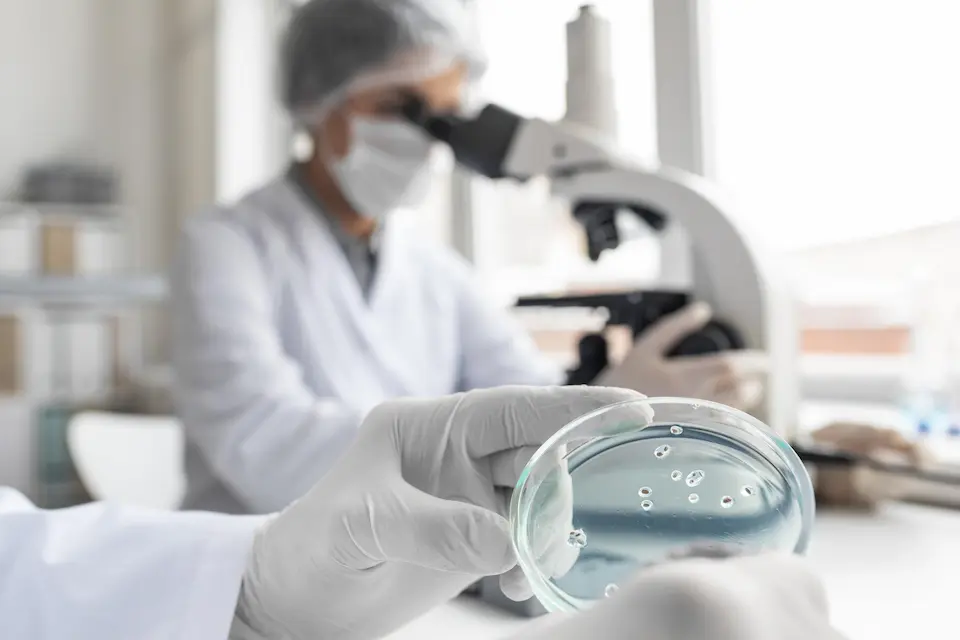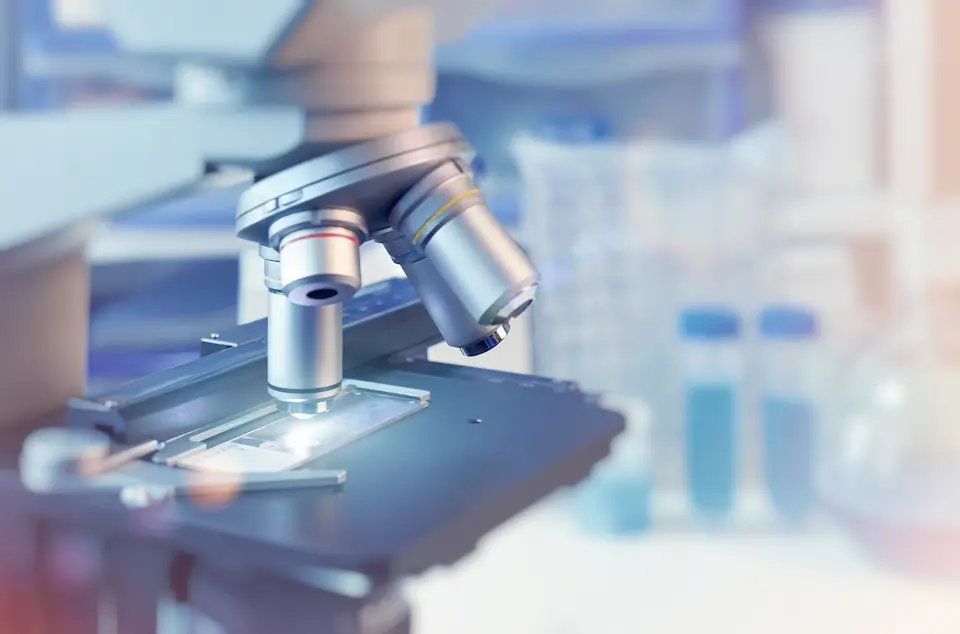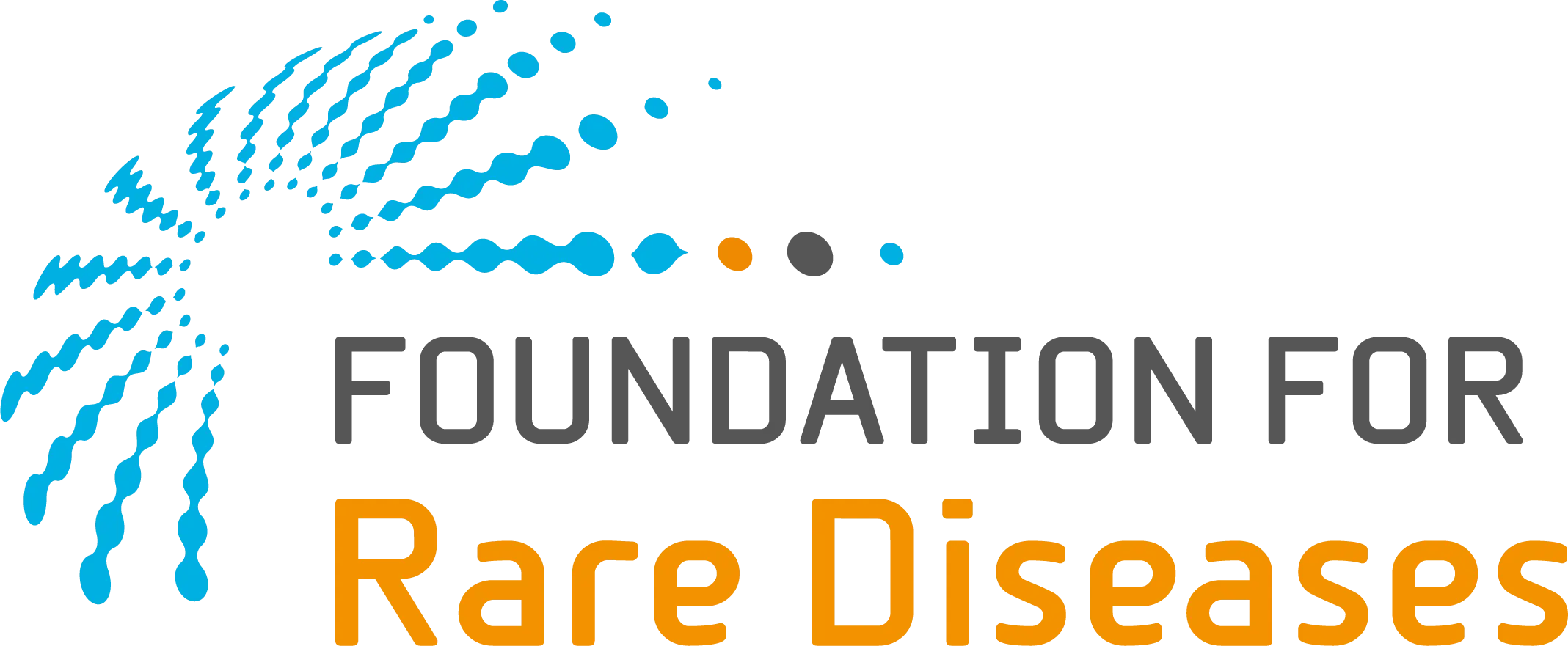ABOUT US
The Foundation's missions
The Foundation For Rare Diseases has a mission of general interest: to accelerate research on all rare diseases and aims to contribute to the identification of the causes of each disease, to the emergence of drug candidates and to the improvement of the life course of the people concerned.
SUPPORT AND FUND RESEARCH PROJECTS
The Rare Diseases Foundation has an active scientific policy to support research on all rare diseases. With 4 to 6 calls for projects per year, it selects projects based on criteria of scientific excellence and funds the winning teams.
Thanks to agreements established with leading technological platforms throughout France, the Foundation For Rare Diseases does its utmost to ensure that researchers have access to the latest technological advances and essential skills. To discover them : click here
Since its creation, the Rare Diseases Foundation has been firmly rooted in the field through its team of regional managers who work closely with doctors and regional research teams.
These managers are based in the heart of the university hospital inter-regions and thus offer a unique and unparalleled proximity to research teams, centers of reference and rare disease health networks, as well as to research development structures.
They also detect and accompany the development of proof of therapeutic principle. Thanks to this follow-up, the Foundation then works to bring laboratories together with pharmaceutical companies with the sole ambition ofaccelerating the development of treatments for the benefit of patients.
ADVISING AND ACCOMPANYING RESEARCH TEAMS
Identify the cause and assist in diagnosis
The challenge: putting a name to each disease
Knowing the name and the cause of one's disease is a decisive step in the life of any person. In rare diseases, the causes of 50% of diseases remain unknown. To meet this need, the Foundation's support for French research teams aims to :
- Identify the genes responsible for diseases
- Elucidate the molecular mechanisms
- Facilitate access to innovative resources and cutting-edge technologies
funded research projects
transcriptomes
new genes
genomes
exomes
million euros

In figures
funded research projects
transcriptomes
new genes
genomes
exomes
million euros
Assist in the development of treatments
The small number of patients for each rare disease and the geographical dispersion make the discovery of new drugs particularly complex. Today, 97% of rare diseases have no treatment. To meet these expectations, the Foundation For Rare Diseases works alongside research teams to detect, as early as possible, projects that have therapeutic potential for :
- Identify molecules with therapeutic potential
- Consolidate the pre-clinical stages of drug candidates to facilitate their transfer to pharmaceutical companies

In figures
funded research projects
translational studies
experimental models
million euros
high throughput screenings
funded research projects
translational studies
experimental models
million euros
high throughput screenings
Improving the daily life of people with illnesses
The challenge: innovate to make their daily lives easier
The study of the consequences of a rare disease on an individual and social level allows us to propose improvements in the life course. Rare diseases are serious, disabling and handicapping pathologies that cause social isolation for patients and their families.
In 2012, the Foundation launched the first call for projects in the Human and Social Sciences to support studies conducted jointly by doctors, researchers in the human and social sciences and patient associations.
The cross-sectional view of a multidisciplinary team is the key element of this call for projects to :
To provide concrete answers to specific problems related to rare diseases
Break social and professional isolation.
To create a link between patient associations, doctors and researchers in the human and social sciences.

In figures
funded collaborative projects
associations involved
research teams involved
million euros
funded collaborative projects
million euros
research teams involved
associations involved
